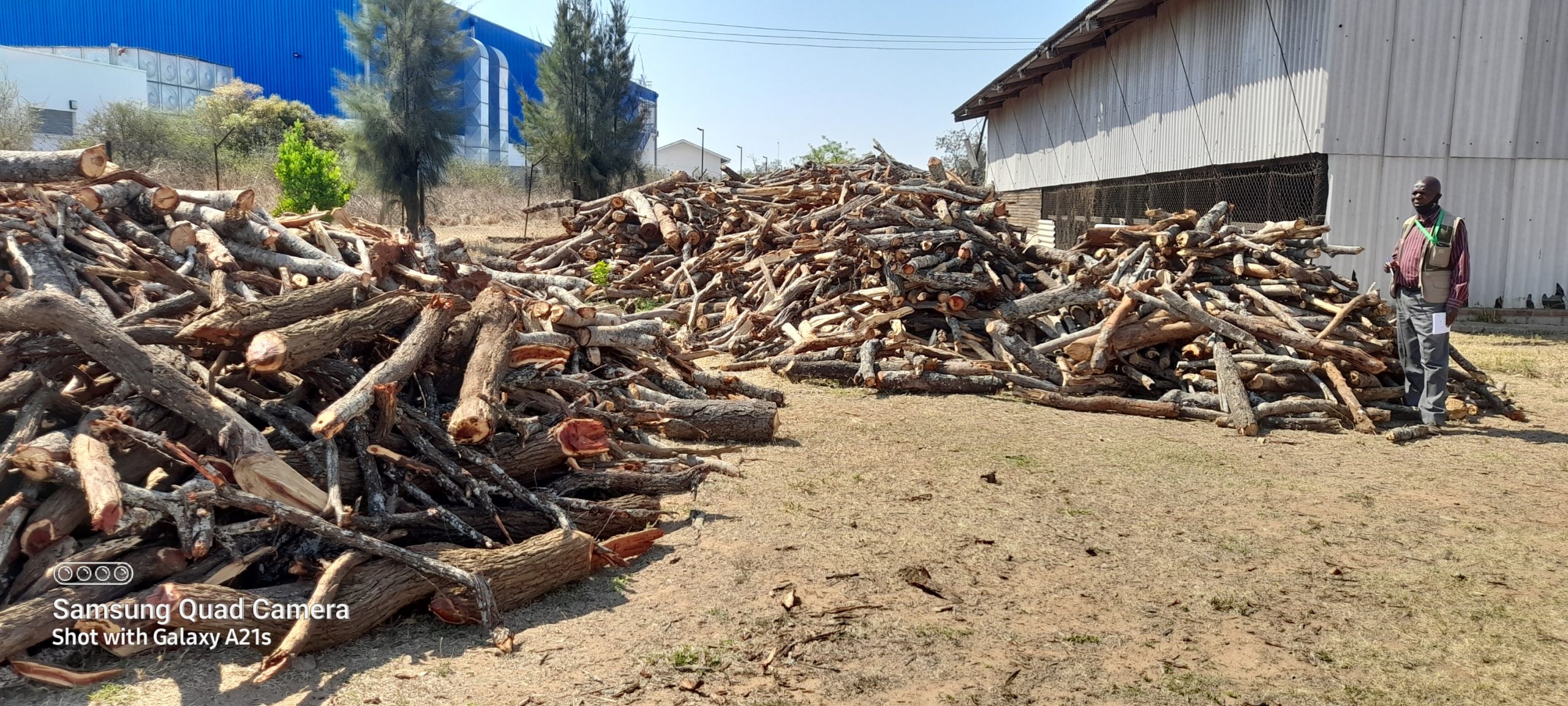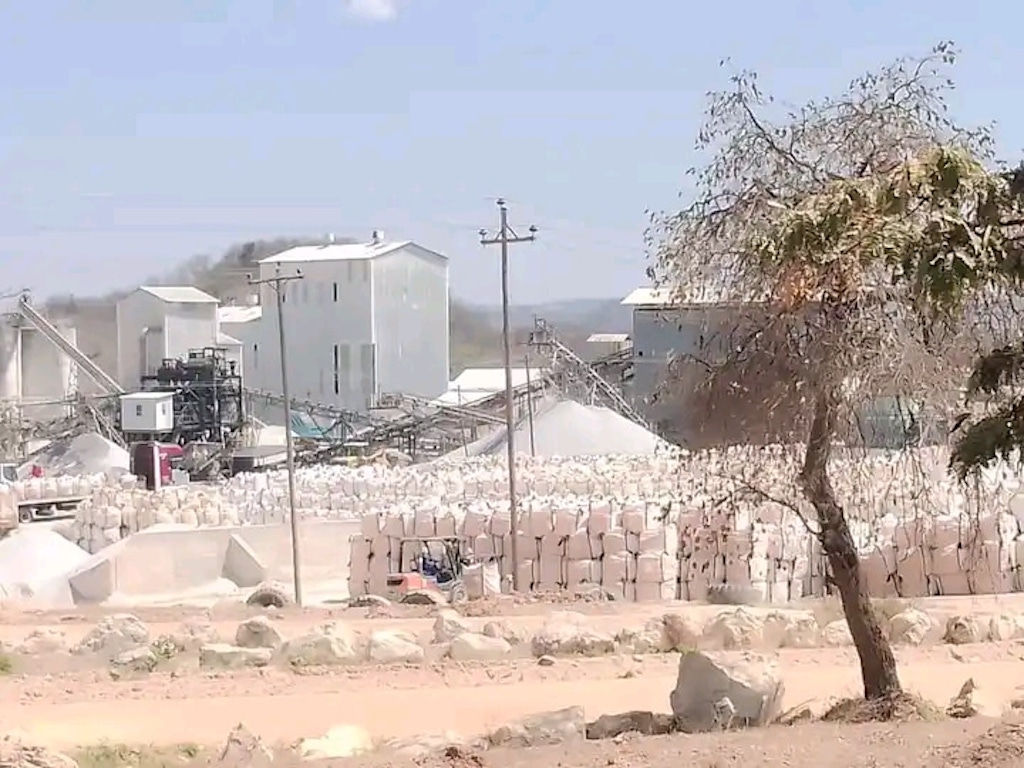ECC Champion
The Zimbabwe Republic Police (ZRP) has intensified efforts to nip deforestation to fight deforestation by clamping down on unlicensed charcoal dealers that have become an increasingly serious threat to the country’s forests.
Of particular concern is the destruction of Mopane tree which the wood poachers like for its good charcoal.
Police in Muzarabani recently intercepted a truckload of over 400 bags of charcoal, forcing the national police spokesperson Assistant Commissioner Paul Nyathi to issue a warning.
“The ZRP warns the public against wanton cutting down of trees, transporting of firewood without permits, possession of charcoal or selling firewood without requisite permits,” said Ass Com Nyathi.
The police says it will leave no stone unturned to protect the country’s forests from unlicensed charcoal and firewood dealers.
Masvingo provincial police spokesperson Inspector Kudakwashe Dhewa said the police were doing a joint operation with the Forestry Commission and the Environmental Management Agency (EMA) to arrest the destruction of forests.
“We are on the ground together with other stakeholders to make sure that we protect our forests. As the police, we have decided to act after there was a public outcry of people cutting down trees in the communities around the province.
“We have heard that the firewood poachers and charcoal dealers are travelling a great distance to come here for the Mopane trees and we are aware of such shenanigans.
“We will arrest them and the full weight of the law will fall on them,” said Inspector Dhewa.
Zimbabwe has witnessed an increased rate in deforestation over the recent years largely due to expansion of farming land, unlicensed firewood and charcoal dealers.
An increase in electricity tariffs has also put stress on the country’s forests as many people use firewood as the cheapest and readily available source of energy.
Forestry Commission Masvingo provincial acting manager Edwin Machokoto called on members of the public to report any cases of deforestation happening in their community so that action can be taken.
“For the operation to be effective, we need to work together with the communities so that we protect our forests.
“The community members should help us by reporting cases of deforestation and our action will be swift,” said Machokoto.
This report was made possible through support from WAN-IFRA Media Freedom’s Strengthening African Media Programme: Climate Change and Environmental Reporting. Views expressed here do not belong to WAN-IFRA








